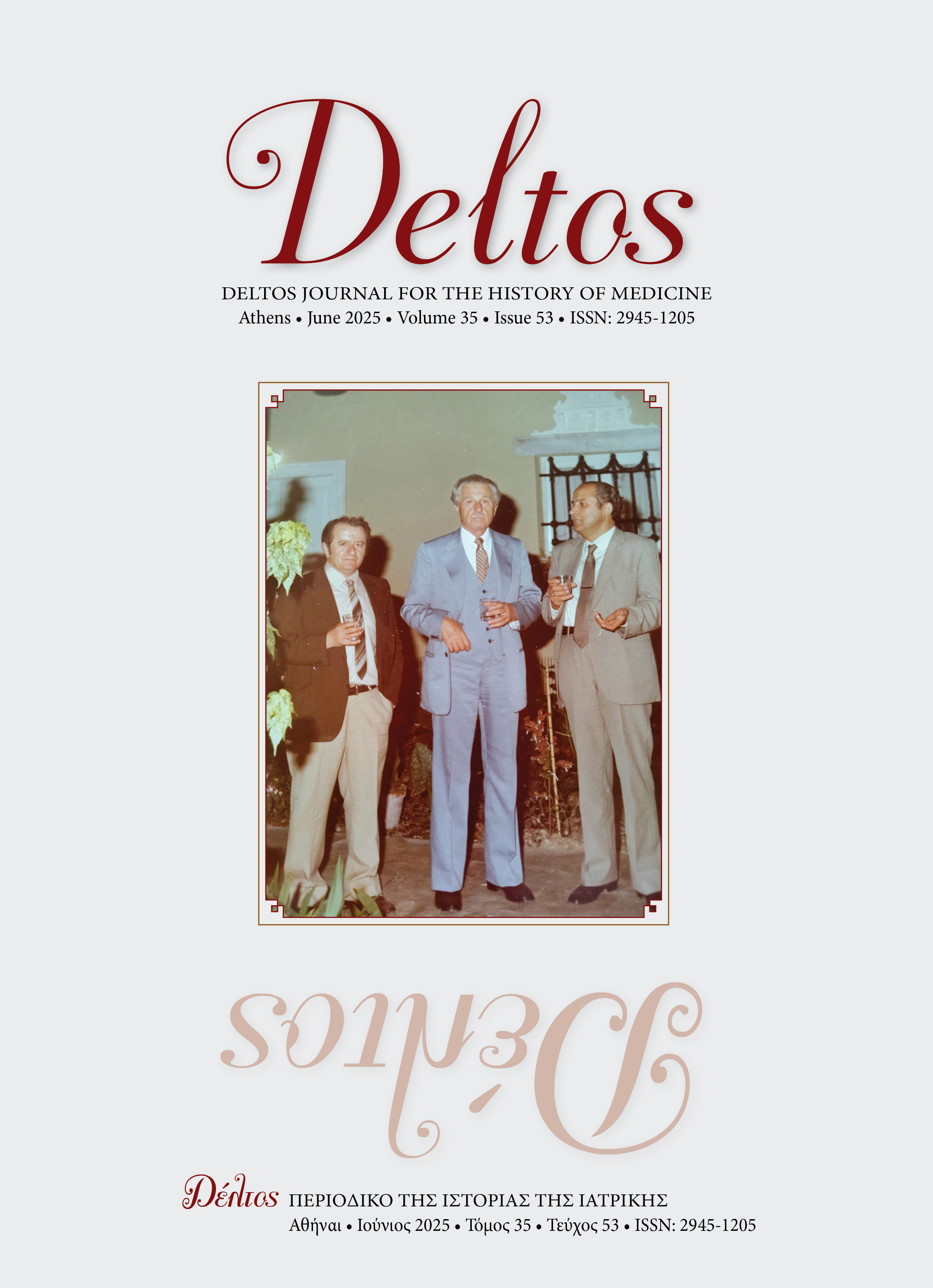The Evolution of Veterinary Medicine in Turkey: From Ancient Civilizations to the Present

Abstract
Veterinary medicine, which supplied the medical study, diagnosis, and treatment in animals, has a broad and long history. Being able to understand how these practices have evolved over time is important for those who seek to appreciate the various advances and challenges which this field has gone through. In particular, such history is deeply interwoven with cultural, political, and economic transformations in Turkey. While the major focus of this article is to discuss the development process of veterinary medicine in Turkey, it also points to several key periods, figures, and contributions that make its trajectory intelligible. The history of veterinary medicine in Turkey is, in essence, importantly characterized by developments and contributions that cut across different eras. From early practices undertaken in ancient civilizations to the integration of Islamic medical knowledge and modernization efforts driven through the Ottoman Empire, each period has simply built upon the gains of the last. The Early Republican Period in the leadership of Mustafa Kemal Atatürk laid a robust foundation for contemporary veterinary education and practice. This technology and infrastructural development in the mid-to-late 20th century resulted in substantial improvements in health and productivity in animals. Veterinarians in Turkey continue to play a cutting-edge role in public health, food safety, and wildlife conservation, while facing a new set of challenges and opportunities that call for innovative ideas and international collaboration.
Article Details
- How to Cite
-
Şahin, E. (2025). The Evolution of Veterinary Medicine in Turkey: From Ancient Civilizations to the Present. DELTOS, 35(53), 48–56. https://doi.org/10.12681/dj.42272
- Issue
- Vol. 35 No. 53 (2025)
- Section
- Research Papers

This work is licensed under a Creative Commons Attribution-NonCommercial 4.0 International License.


